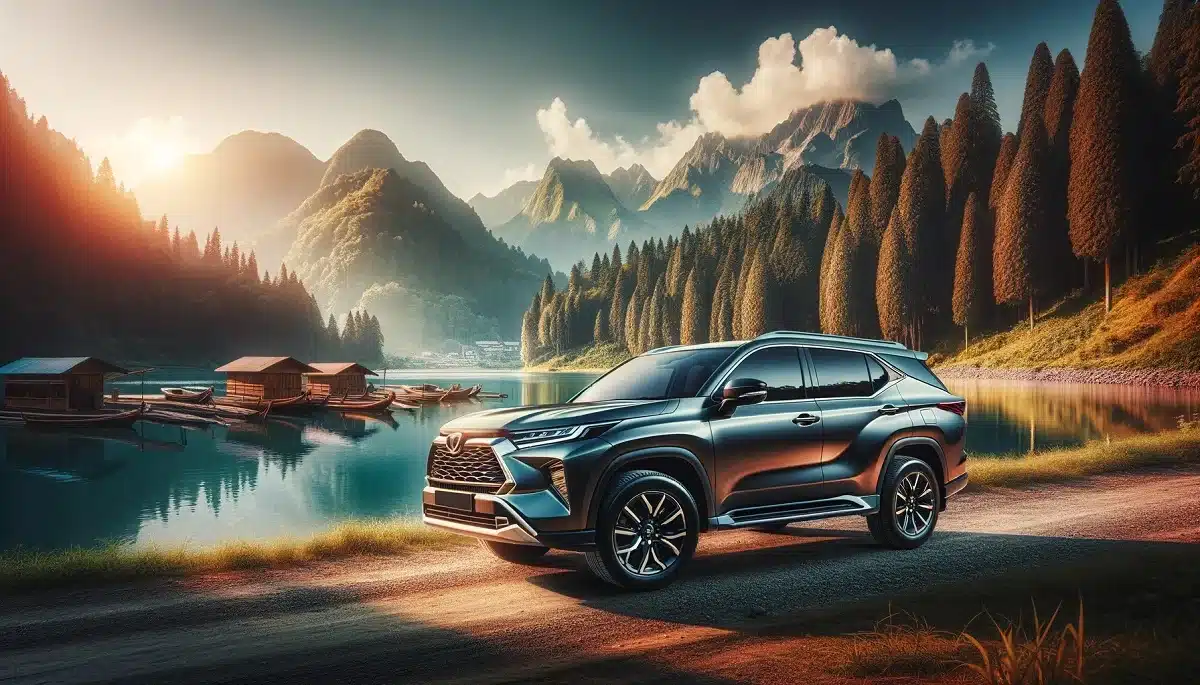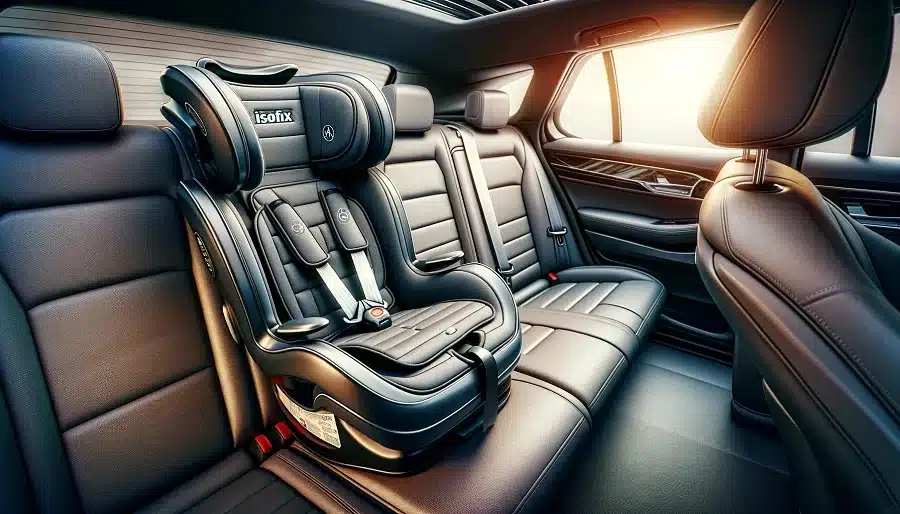An SUV, short for “Sports Utility Vehicle,” is designed to provide superior performance both in urban settings and off-road conditions. These vehicles, known as SUVs, are characterized by their high ground clearance and spacious interiors. Often referred to as “jeeps,” SUVs are notable for being taller and wider than sedan and hatchback models.

Key Features of SUVs
High Driving Position
SUVs offer drivers a high seating position, which provides better road visibility and is particularly beneficial in off-road conditions. This elevated driving perspective affords drivers and passengers a broader view.
Spacious Interior
The interiors of SUVs are roomy and airy, offering a more comfortable travel experience for passengers and additional luggage space. The ability to fold down rear seats creates extra loading space.
Four-Wheel Drive System
Many SUVs feature four-wheel drive (4WD or 4×4) capabilities, enhancing the vehicle’s traction and stability even in challenging terrain conditions. The four-wheel-drive system is particularly advantageous on slippery and rugged roads.
Powerful Engines
SUVs are equipped with robust engines to deliver good performance under heavy loads and tough conditions. These powerful engines ensure effective driving both in city traffic and on highways.
Usage Areas of SUV Vehicles
SUVs cater to a range of applications, offering comfortable and prestigious driving experiences in urban settings while providing reliable performance on rough terrain and poor road conditions. This versatility makes SUVs suitable for various drivers and lifestyles.
SUVs are a popular choice in the modern automotive market, providing a blend of diversity, performance, and comfort. Equipped with features like a high driving position, spacious interior, four-wheel drive system, and powerful engines, SUVs are excellent choices for both urban and off-road driving.
Comparing SUV Fuel Consumption with Other Vehicle Types
Typically, SUVs tend to consume more fuel than standard vehicles due to their higher traction power, larger weight, and powerful engines. However, some modern SUVs are specifically designed to improve fuel efficiency and minimize consumption, allowing some models to compete with sedans in terms of fuel economy.
Hybrid and Electric SUV Trend
Hybrid and electric SUVs are becoming increasingly popular due to their lower emission levels and fuel consumption benefits. These vehicles offer an environmentally friendly alternative by maintaining the performance of traditional internal combustion engines while reducing fuel consumption and CO2 emissions.

Key Differences Between SUVs and Other Vehicle Types
One of the most distinctive features of SUVs is their high driving position, which provides drivers with better road visibility and a more comfortable driving experience. In challenging conditions like off-road terrain, SUVs benefit from their high driving position and strong traction capacity. However, these features necessitate the use of larger and more powerful engines, typically leading to higher fuel consumption.
Popular SUV Models
The automotive market features many notable models within the SUV segment, with those offering a good balance of economy and performance being particularly popular among consumers. Here are some of the frequently chosen SUV models in the market:
- OPEL MOKKA
- Fiat Egea Cross
- NISSAN QASHQAI
- Dacia Duster
- TOGG T10X
- Volkswagen T-Roc
- Peugeot 3008
- Hyundai Bayon
These models provide high performance and comfort both in urban and rural settings, while also offering satisfying options in terms of fuel efficiency. In the SUV segment, leadership often goes to models with a good balance of price and performance, with models like the Dacia Duster maintaining popularity over the years.